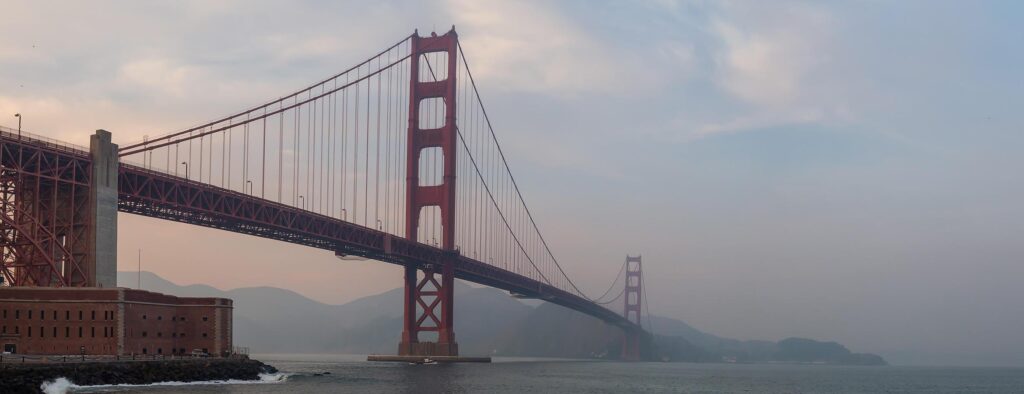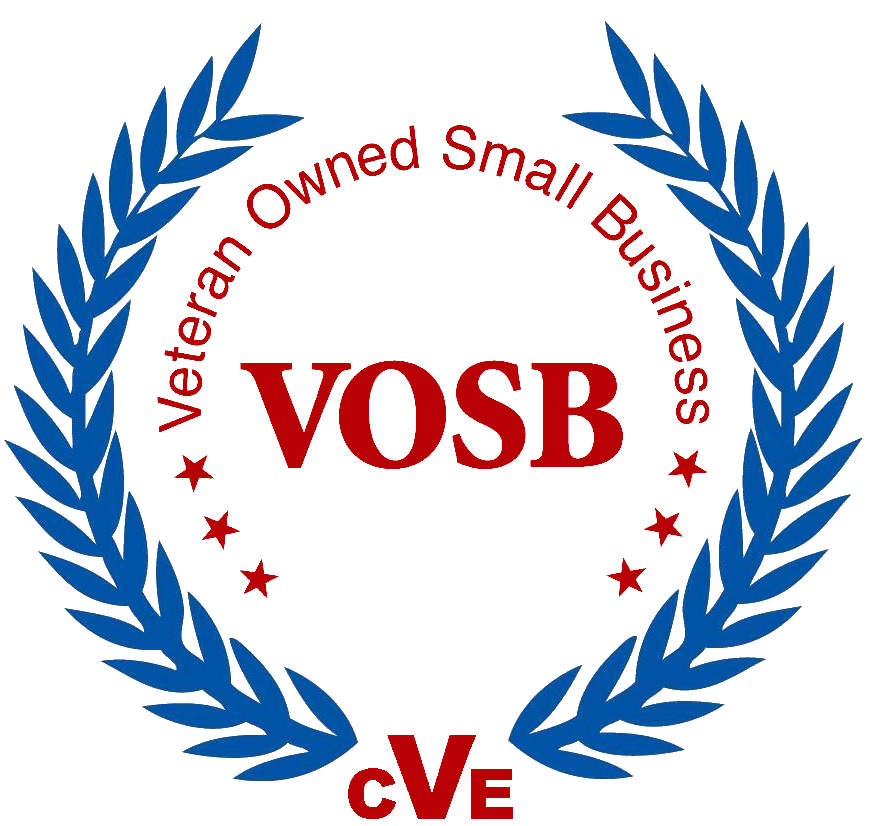
San Francisco, also known as the Golden Gate City, is one of the most beautiful and affluent cities in the United States. People from all over the world inhabit and visit this city for all its many wonderful offerings. Fresh seafood, world-famous sourdough bread and chocolate, rolling hills, eclectic architecture, cable cars, and famous landmarks such as the Golden Gate Bridge and Alcatraz, once home to famous criminals like Al Capone.
It’s a city where people leave their hearts behind. The city also garnered the nickname “Fog City” for the cool summers and thick fog that often lingers over the town well into the afternoon. However, in recent years, the aptly named Fog City has quickly earned a new reputation and nickname: “Smog City.”
The Air Quality Problem in San Francisco
San Francisco is located in California which has the highest clean air standards and strictest laws governing air quality of any other US State. Despite these regulations, the air quality in the Bay Area has steadily and measurably been getting worse over the years, hitting its peak in 2017 and climbing.
Historically, the Bay Area has been seen as a clean air region due to its coastal climate. The problems San Franciscans are facing now are direct results of climate change. The four main threats facing the city are warmer weather, wildfires, industrial pollution, and increased usage of motor vehicles for commuting.
Warmer Weather
There is no more denying that the earth’s climate is changing. Temperatures worldwide have steadily been increasing and have begun to peak in the last two decades. This alone can affect air quality as it mixes with air pollutants, but it is particularly troublesome for larger cities such as San Francisco due to something called the “Heat Island Effect.”
Also referred to as an “Urban Heat Island,” this effect describes built up areas that are hotter than nearby rural areas due to human activities and large concentrations of concrete (buildings, sidewalks, etc.). Heat islands can affect communities by increasing summertime peak energy demand, air conditioning costs, air pollution and greenhouse gas emissions, heat-related illness and mortality, and water pollution.
Wildfires
California is infamous for its wildfires. The 2018 wildfire season was the deadliest and most destructive wildfire season ever recorded in California. Over 8,500 wildfires burned nearly 2 million acres of land last year, making it the largest area of burned acreage ever recorded in a fire season. The costs to extinguish these fires was nearly half a billion dollars and 103 people lost their lives, 6 of which were firemen. The dramatic increase of air pollutants, pushed by strong winds, mixed with the warm fog of San Francisco creating an almost impenetrable layer of smog and pollution for the citizens of the Bay Area to breathe in.
Commuter Vehicle Pollution
There has been a measurable increase in air pollution due to increasingly distant housing in the Bay Area and the subsequent need to commute further for jobs. While the city does have public transport, the number of drivers has steadily been increasing as people move to the surrounding cities and neighborhoods due to the increased cost of living in the city.
Industrial Pollution and the Pioneering Rule of 2017
Industrial pollution has hit an all-time high in the Bay Area. In November of 2017, the Bay Area Air Quality Management District (BAAQMD) approved a pioneering rule designed to reduce the risk of cancer from exposure to airborne pollutants produced by power plants, sewage processing facilities and oil refineries.
It was one of the most sweeping toxic air regulations in the United States and was all but guaranteed to help protect air quality inside buildings and facilities. As of this article’s publication, the changes have not yet been fully implemented as promised. In fact, these protections seem to be deferred indefinitely. Environmental justice groups are currently fighting for these promised protections but are being blocked by delayed timelines and unverifiable claims of improvement.
The Dangers of Particulate Matter
Particulate matter produced from industrial pollution and commuter vehicles smaller than 2.5 microns (PM2.5) is the leading cause of deaths due to air pollution. BAAQMD estimates that up to 3,000 people in the San Francisco area — of whom a disproportionate number are poor and people of color — die from particulate matter exposure each year. Many more people are diagnosed with short-term illnesses that if exposed to for long periods of time, can eventually lead to more serious problems like cancer and death.
Choosing a Quality Air Filtration System
While the Bay Area has taken steps and introduced rules to help regulate and reduce the toxic levels of air contaminants, industrial buildings, facilities, and areas continue to require the protection of high efficiency air filtration systems due to their proximity and disproportionate exposure to air pollutants. People living near these industrial sites should strongly consider investing in air filtration systems.
Air filtration provides defense against airborne particulate matter and pollutants from industrial runoff. They also help protect against outside sources such as commuter vehicle exhaust and pollutants created by homes in the form of lighting, heating, and cooking. When it comes to industrial air filtration, it is important to make sure you pick an air filter that can remove both gas (on the molecular level) and particulate matter from the air.
Here at Advanced Filtration Concepts, we know how important a quality air filter and system is to the continued safe operation of your business. Our air filters are designed to protect your indoor spaces from air pollutants and to ensure the health and safety of all your employees.
Explore our clean air systems and filters to find the product that best suits your business’s needs. Whether you need to install an entirely new HVAC system or are simply looking for the highest-quality, commercial air filters to get the toughest jobs done right, look no further than the quality products available online, or give us a call to discuss your needs specifically.

Advanced Filtration Concepts is a
Certified Veteran-Owned Small Business.
